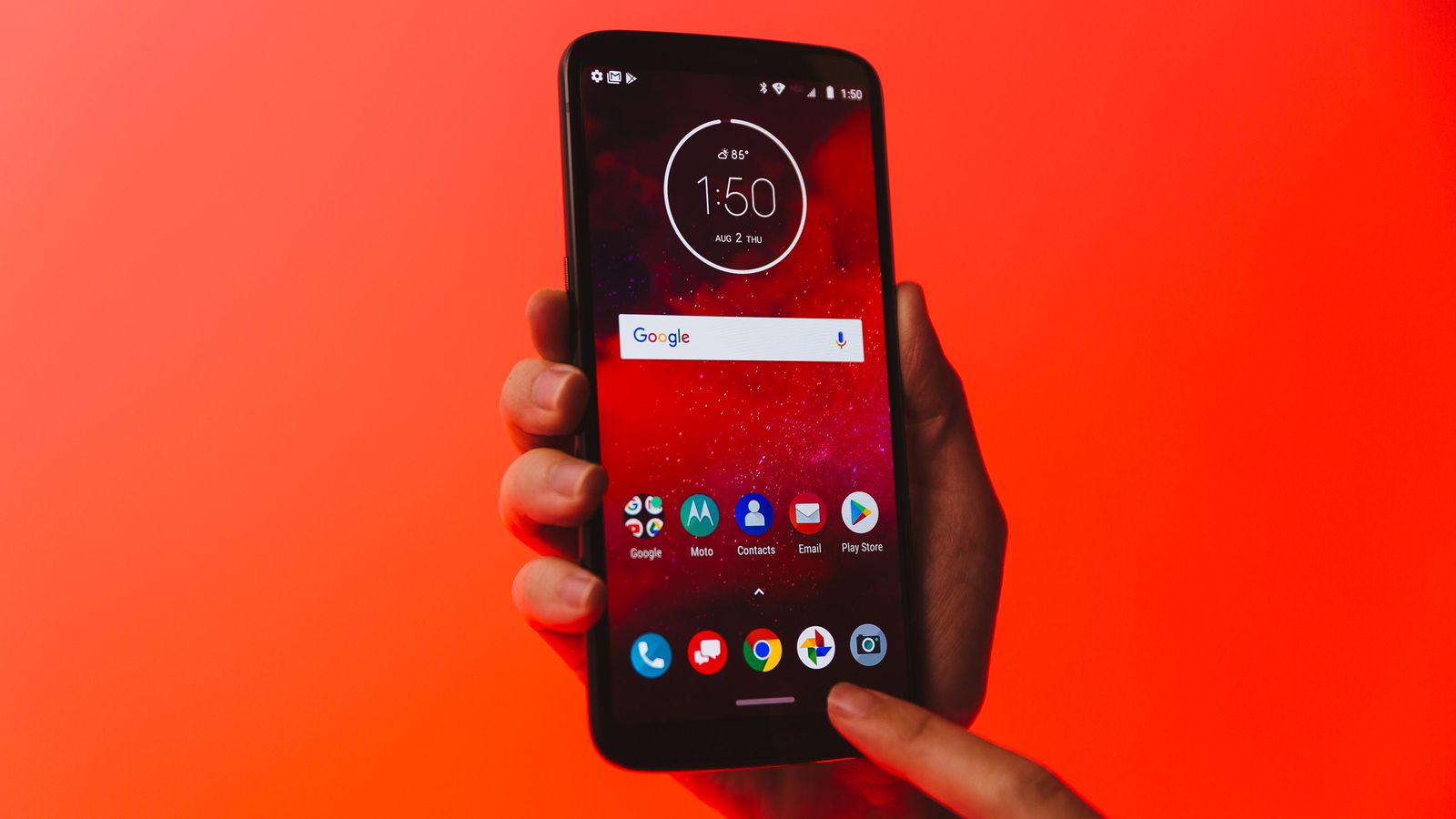When can I buy a 5G phone, and how much will it cost?

While we may be excited about the prospect of superfast mobile broadband, the advent of 5G comes with a major disadvantage – we will need to purchase new smartphones if we want to use it.
Most analysts predict that 5G will launch over the next few years, and as with all new technology, we should not expect the first models to be cheap.
The next generation of smartphones will require an entirely new chipset, a more complex antenna and a management system capable of coping with the 5G services that will consume much more energy.
Scott Petty, the UK’s Chief Technology Officer for Vodafone, said that engineers have solved most of the base engineering problems and are now working on how to miniaturise the components and keep costs down by scaling-up the manufacturing process.
He thinks that 5G will introduce a wave of innovation that has not occurred in years. He likened the coming wave to the shift from mobile phones with physical keyboards to smartphones with high-definition touchscreens.
Petty predicted that 5G will permit smartphones to function “as a communication hub for wearables,” with augmented reality (AR) and virtual reality (VR) receiving the most benefits from the increased streaming speeds and reduced latency. These two factors should make it less likely for VR to make some people feel nauseous, as they sometimes do when they experience it on slower devices.
US mobile phone manufacturer Motorola should be the first to have a 5G phone on the market. The company plans to introduce a 5G add-on module for its Moto Z3 smartphone at the beginning of 2019.
The 5G module will be slightly larger than the phone itself, and it will be available exclusively to US customers using Verizon’s network.
Prices for 5G-compatible smartphones will likely begin from “around $600-$700 (£458-£534)”, said David McQueen from ABI Research. However, he believes that the prices for phones manufactured by Huawei, Apple and Samsung will be “much higher.”
Shortly after Motorola introduces its 5G add-on, McQueen thinks that either Sony or OnePlus will be the next manufacturer to launch a 5G smartphone.
He also thinks that Huawei will launch its first smartphone “sometime in mid-2019, possibly in its Mate rather than P series” and that Samsung will launch its offering “around August 2019 in its Note series.”
McQueen said that it would most likely take Apple an additional two generations to add the 5G capability to its offerings, which means he doesn’t expect the company to launch any 5G iPhone models until 2020 at the earliest.
He forecasted that the sales of 5G smartphones will climb to 15.8 million units in 2019 and increase to 77.5 million in 2020. He also predicted that the number of subscribers to 5G service will begin to rapidly increase starting in 2020 and will reach over 200 million by 2022.
Ben Stanton, an analyst with market research company Canalys, said that 5G “will not lead to a long-term lift in prices” and that most low-end and mid-range smartphones will be 5G-compatible by 2020-21.
